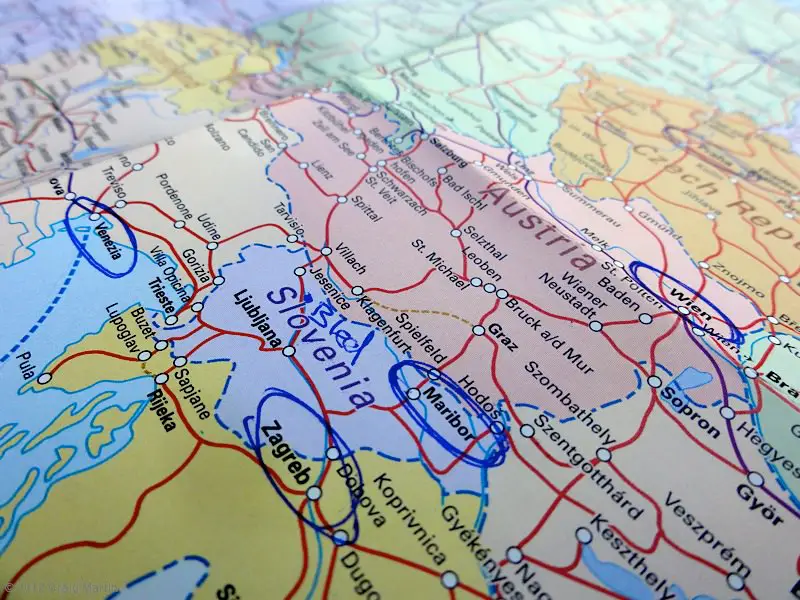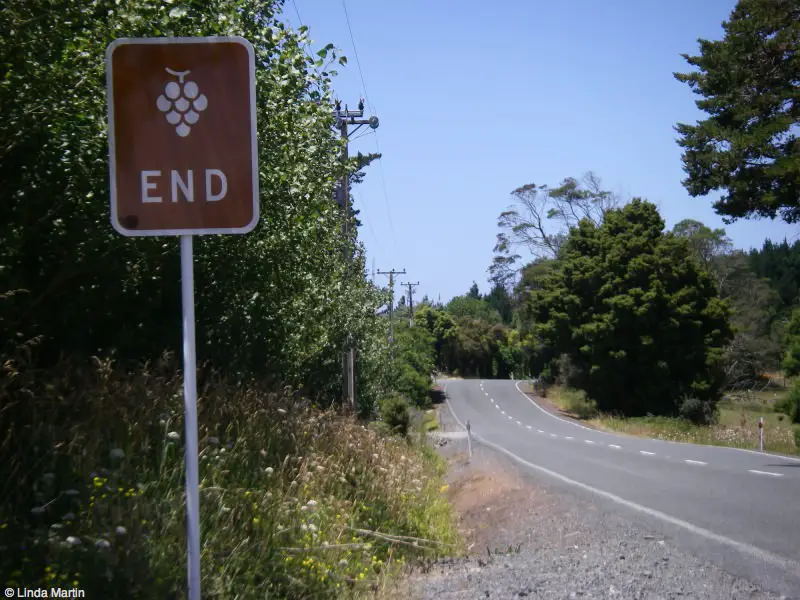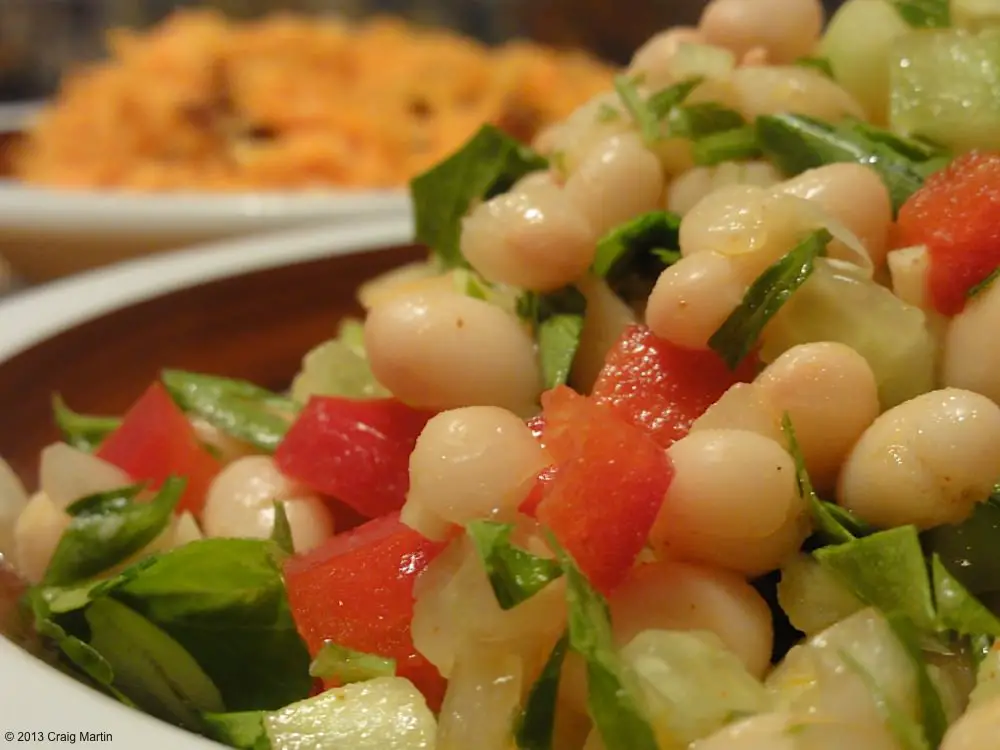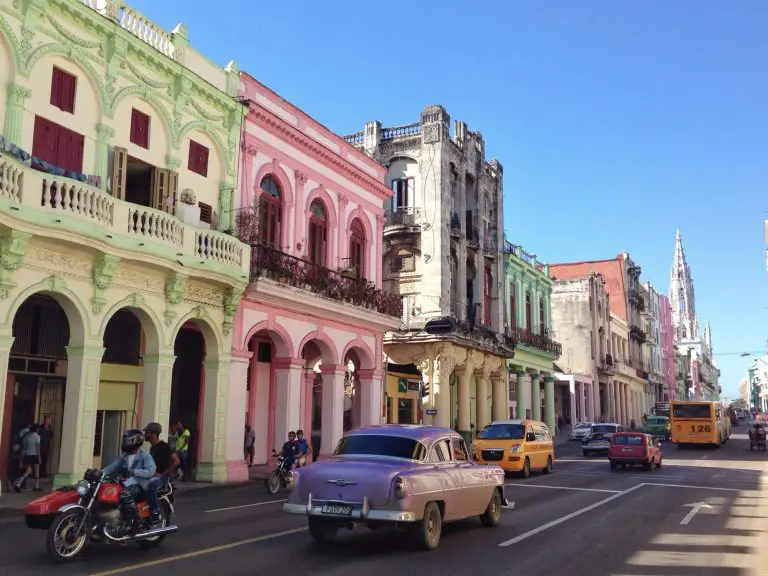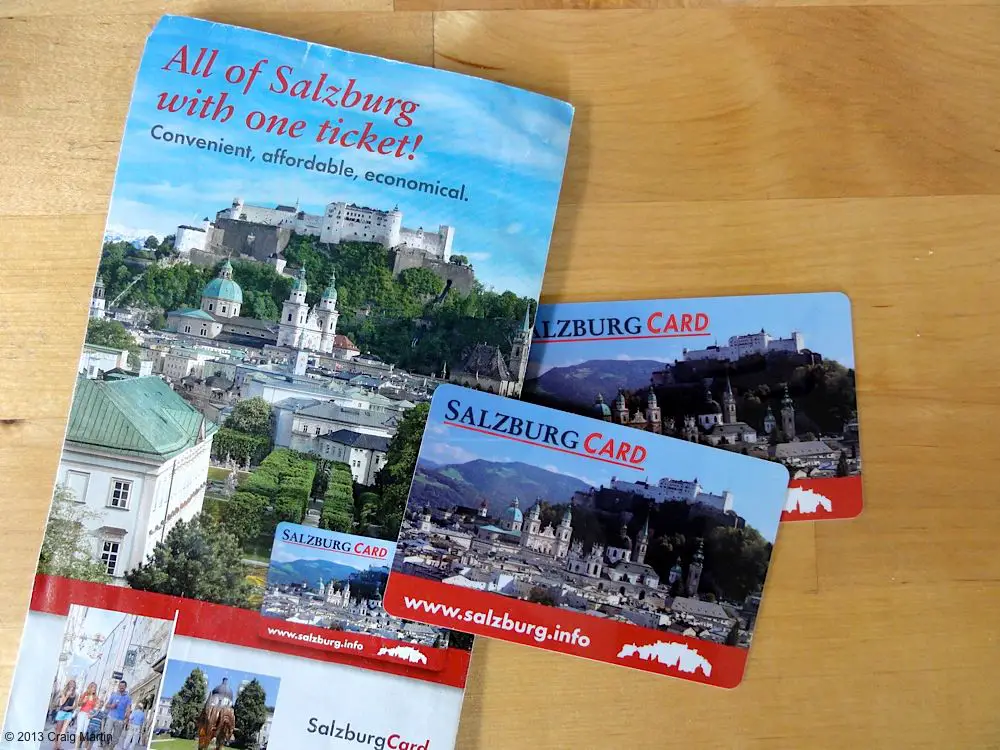How to travel on less than $300 a month
Many people still believe that to be able to travel for a long time you need to be rich. There’s nothing more wrong than that! How much do people living a “normal” life usually spend per month? $1000? $2000? $3000? With just a fraction of that, it’s possible to travel non stop.
If you don’t believe me, I’m the evidence that it is possible, and if you follow my tips you’ll be able to travel on a budget of less than $300 per month. If you’re strict enough with yourself, you can do it on even less: last autumn, when I went to see the Northern Lights in Norway, I spent a total of $170 in one month — and that’s in the most expensive country in the world!
Reduce your daily expenses before you leave home
The good thing is that it’s possible to work on this point even before you start travelling. The bad thing is that if you are one of those people that love to drink three beers every night, to smoke two packs of cigarettes per day and to have breakfast in a bar, then you have a long way to go! But don’t worry — if your top priority is to explore the world, then you’ll be able to reach your goal. Travelling on a budget means being frugal, there is no way around it: if your monthly expenses for cigarettes are $200 you can’t expect to stay below $300 per month. So the first point to remember is frugality.

Travel slow
This is a general tip, and it’s independent from your travel style: the slower you go, the cheaper it is. Transportation costs are reduced, and you get to know your destinations better. This means you can learn about where to eat, where to buy cheap products, and how to live like a local.
Use hospitality networks
There are plenty of free accommodation options nowadays, from house sitting to work exchange and camping. But the most useful idea for a wanderer is to use one of the many hospitality networks available online. Couchsurfing.org is the most well known, though it recently disappointed its users by becoming a for-profit (instead of non-profit) organisation. A valuable alternative, even if not as popular yet, is BeWelcome.org.
Don’t pay for transport
In this case the possibilities are more restricted; the major options being hitchhiking, cycling and walking. And the extra bonus of these travel styles is that they are also eco-friendly!
Although many people are wary of hitchhiking, I’ve hitched rides for over 34,000 km (21,000 miles) and have never had a single problem. Sometimes it can be hard and frustrating, when you are waiting for a long time with your thumb out, for example, but most of the time it’s rewarding and memorable, and you’ll have experiences that you will never forget.
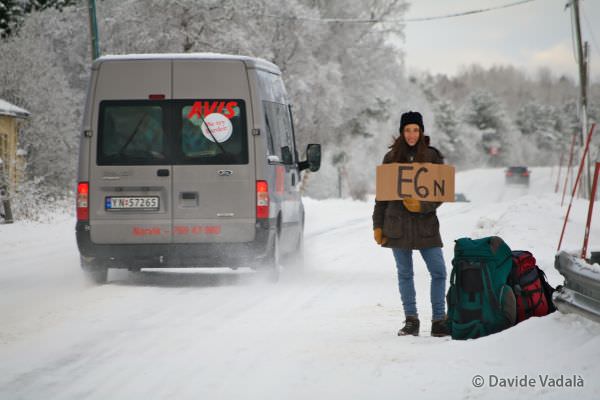
I personally find cycling even better than hitchhiking, since it gives you complete freedom and independence to choose when to go and where to go. And if you think that by walking you can’t get very far, then you should start reading the travel blogs of people that have made it from one continent to another!
Eat cheap…or recycle food!
In my personal experience food is still the major expense. I always try to avoid restaurants and fast food, unless I’m in an affordable country or I want to make an exception, to taste the traditional cuisine. At dinner it’s easy to cook at home if you are hosted by locals, and at lunch you can prepare sandwiches buying food from a farmers’ market or supermarket (better if it’s organic), where you can shop also for breakfast.
If you are an eco activist and not too picky, then dumpster diving (also known as food recycling) might be your way. It’s less gross than it sounds — just be careful to only take clean, packed food thrown out in front of supermarkets — and it gives you the chance to travel almost for free. Clearly it might not be the best alternative in poorer countries where santiation is an issue.
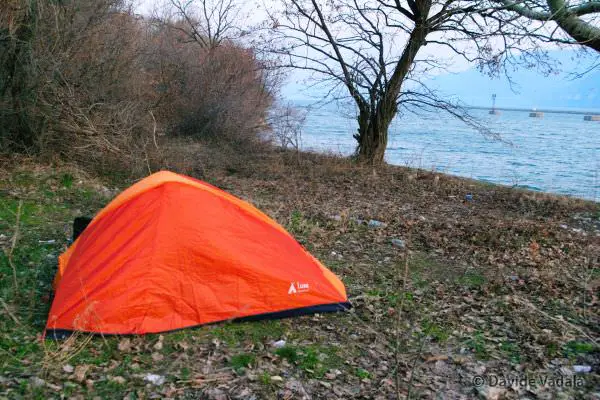
Save on visas and travel insurance
Unfortunately if you are travelling outside of your country, visas are going to be a fixed expense and the price is not negotiable. But also in this case the golden rule still applies: the longer you stay the cheaper it is. A visa for one month is usually more expensive (on a daily basis) than a visa for three months, and so on.
If you are looking for the best travel insurance available, you could be spending as much as $600 per month. But if you are on a budget, there are plenty of solutions that won’t break the bank, starting as low as $20 per month. Many of these have most of the benefits of a more-expensive insurance option; but as always, be sure to read the small print to check what you’re covered for.
Choose your entertainment carefully
This is a really personal category: I’m not really into night life, I don’t drink and I don’t smoke, so it’s quite easy for me to save money on entertainment. I prefer to invest my little savings in sightseeing, monuments and the like. How you spend your money will depend on what you like to do.
To save money on attractions, look for combined passes and free opening times. Of course, if you have a student card this will also save you money on attractions.
If I have no money at all?
Some intrepid travellers are taking up the challenge to travel without money. This means a whole new experience, not only using all the techniques I described before, but also requiring a lot of adaptation and trust in people. It’s not for everyone, though, so think carefully before you jump in — you might be better off looking into how to make money for your trips.


